Peers around the world: Transforming Brazil’s tech ecosystem for global impact
/Adriana_aims_to_make_TecnoPARQ_an_innovation_area_integrated_with_the_community_and_local_ecosystem.jpg)
Join us for a conversation with Adriana Ferreira de Faria, the president of IASP’s Latin American Division and executive director of Viçosa Technology Park (tecnoPARQ), as we explore her perspectives on leading innovation in Latin America. In this edition of "Peers Around the World," we delve into the challenges and opportunities for science parks in the region, her vision for TecnoPARQ, and her advice for aspiring leaders in the technology and innovation sector.
What inspired you to pursue a career in the innovation and technology sector, particularly within tecnoPARQ and the Federal University of Viçosa?
Technology and innovation have always attracted me because of the potential to develop products and services that solve complex societal problems and enhance well-being and quality of life. They also create quality jobs, income, and sustainable development. My professional training—bachelor’s, master’s, and doctorate degrees—is all in engineering.
Interestingly, I did not want to enter industry or the job market, which are more aligned with engineering. Instead, I chose a career in teaching and research, focusing on training young professionals. The best of both worlds, academia and the market, I found in the Viçosa Technology Park (tecnoPARQ), a university park at the Federal University of Viçosa (UFV).
TecnoPARQ has received numerous awards and recognitions, including an IASP Inspiring Solutions award. What do you think are the strategies and initiatives that have contributed to these successes?
The city of Viçosa, a small town in Minas Gerais, Brazil, hosts one of the country's best universities but faces many economic and social challenges. TecnoPARQ was created to promote economic and social development through technology-based companies, representing the region's future despite investment and logistical challenges. To address this complex scenario, we sought excellence in management technologies and organisational innovations to leverage the University's scientific and technological potential.
TecnoPARQ's strategic planning was built using a proprietary methodology, integrating the Balanced Scorecard and the Triple Helix innovation model. This methodology allowed us to break down strategic planning into business units operating with a systemic view of the innovative entrepreneurship trail. Each unit, a link in a chain, has well-defined goals and indicators, all connected with a long-term vision of populating TecnoPARQ.
As the President of IASP’s Latin American Division, what do you see as the biggest challenges and opportunities for science and technology parks in Latin America today?
Latin America faces challenges related to economic development, political instability, and legal insecurity. In this scenario, science and technology parks are crucial for transforming the region's economic and social framework. These parks must tackle challenges with innovative strategies and leverage opportunities to strengthen their capacities.
Collaboration among government, academia, and the private sector is fundamental. A key challenge is securing continuous funding from both public and private sectors, often unstable due to political and economic changes. Without adequate funding, maintaining the necessary infrastructure to support companies and startups is difficult. Bureaucratic hurdles and government regulations also create barriers to innovation.
Additionally, attracting and retaining qualified talent, especially in remote areas, is challenging. A lack of entrepreneurial and innovative culture, particularly regarding internationalisation, hinders ecosystem growth in some Latin American countries. Parks must establish partnerships with universities, research institutions, and multinational companies to generate synergies and foster innovation. Expanding services such as consulting, market access, and legal support increases the parks' attractiveness.
Focusing on sustainability and taking advantage of favourable public policies can provide additional resources and support. In IASP Latin America we must promote integration and cooperation among parks to strengthen the innovation ecosystem throughout the region.
Who have been your role models or sources of inspiration throughout your career? How have they influenced your approach to leadership and innovation?
It is almost impossible and unfair to single out specific role models or sources of inspiration for my career, as many special people have inspired and supported me. Extensive study is crucial in this process. Numerous classic and academic authors, as well as young researchers, provide a theoretical framework that serves as reference models.
Networking is the greatest wealth of professional experience. Innovation environment managers in Brazil and worldwide have been a rich source of insights, experiences, and practices, generously shared within our networks. In this context, being part of associations like IASP and Brazil’s National Association of Entities Promoting Innovative Enterprises (Anprotec) is a strategic decision.
Engaging with academic communities, entrepreneurs, and public agents challenges us to develop soft skills for promoting interaction and networking. These theoretical and practical reference models applied dynamically and continuously, without being confined to past mistakes or rigid paradigms, allow us to mature and build the necessary authority for leadership in innovation.
What advice would you give to young women aspiring to enter the fields of technology and innovation? How can they prepare themselves to take on leadership roles in this dynamic industry?
To work in technology, it takes a lot of study and dedication to build a solid knowledge base that gives you confidence to face the natural challenges of any innovation process. Combine knowledge with confidence, hard work, honesty, persistence, and humility to manifest your full potential according to your aspirations and dreams. If this path makes you happy, everything is possible.
Enjoy the journey and stay cheerful because the path is often long and filled with obstacles. We need to always be refreshed and in youthful spirits. Celebrate every small achievement, value those by your side, and recognise that we don't accomplish anything alone. Never stop studying; knowledge is limitless and, when shared generously, keeps you at the forefront. Lastly, understand that leadership is a behaviour built on ethical and professional authority, not just a job title or formal position.
Looking ahead, what are your aspirations for tecnoPARQ and the broader innovation ecosystem in Brazil? How do you see the role of Brazilian science parks evolving in the global community?
We aim to make TecnoPARQ an innovation area integrated with the community and local ecosystem, making Viçosa a smart, inclusive, and fair city while contributing to sustainable regional development. Our vision for TecnoPARQ includes diverse success metrics tailored to our park's conditions, as they should be for all technology parks. Urban technology parks have different metrics than those in inland areas, especially in a large country like Brazil. At Anprotec, where I am president, we ensure these realities are considered in public policies supporting innovation environments.
Brazilian technology parks integrate the country into the global innovation community, serving as major soft-landing platforms for investors and technology-based companies in Brazil, the world's eighth-largest economy. Brazil's sustainable practices, including 66% forest preservation and 82% renewable energy, make it an attractive market with over 203 million inhabitants.
Brazilian parks contribute to global R&D, innovation, and the startup ecosystem by introducing new technologies and business models. Engaged in international networks, they address global challenges like sustainability, health, and food security, attracting foreign companies and investments, thus strengthening Brazil's global economic integration.
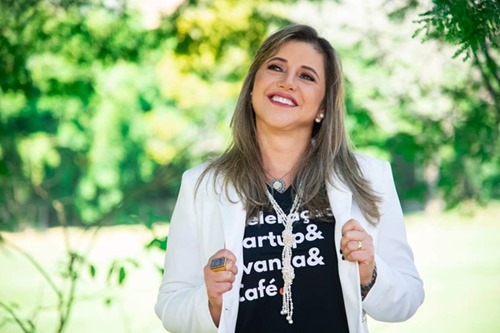
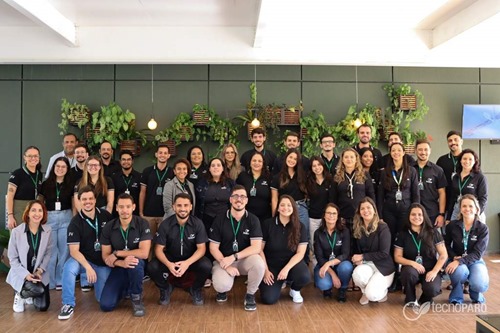
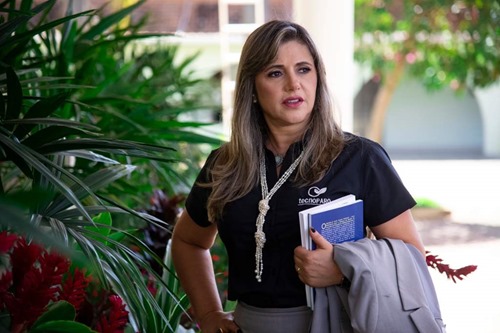
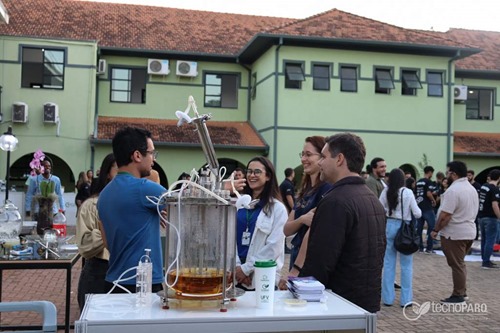
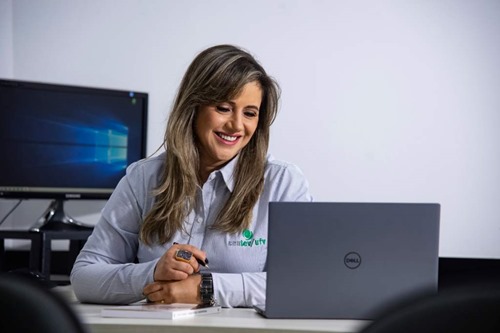
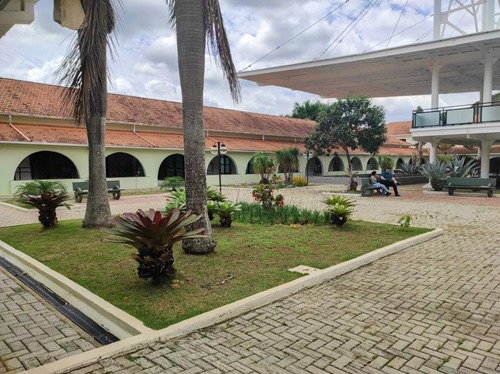
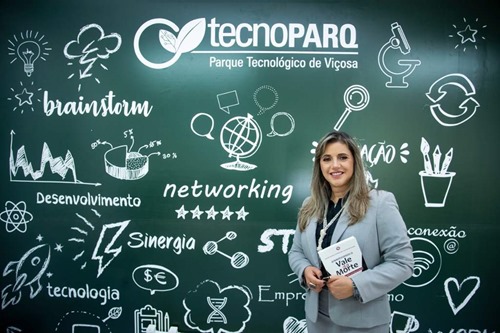
/)

/canvascolor(0xffffffff)/Adlershof_rgb.jpg)
/canvascolor(0xffffffff)/MemberLogo-5658-6090.jpg)
/canvascolor(0xffffffff)/MemberLogo-5735-6186.jpg)
/canvascolor(0xffffffff)/2023_06_19_China_Tuspark_Ningbo_Logo.png)
/canvascolor(0xffffffff)/Logo_biopark_200x200_3.jpg)
/canvascolor(0xffffffff)/Clipboard-2.jpg)
/canvascolor(0xffffffff)/2021_09_20_Thailand_STP_Chiang_Mai_University.jpg)
/canvascolor(0xffffffff)/2023_10_17_China_Weiguang_Life_Science.png)
/canvascolor(0xffffffff)/2024_12_10_Canada_Entreprendre_Sherbrooke_Logo.png)
/canvascolor(0xffffffff)/logo_19.png)
/canvascolor(0xffffffff)/Yothi_Medical_Innovation_Disctrict.jpg)
/canvascolor(0xffffffff)/2025_03_04_Germany_Ostfalen.png)
/canvascolor(0xffffffff)/Korea_Innovation_Foundation.png)
/canvascolor(0xffffffff)/2020_05_07_Brazil_Porto_Digital.jpg)
/canvascolor(0xffffffff)/logo_2_(para_rodape_)_1.png)
/canvascolor(0xffffffff)/MemberLogo-87901-361401.png)
/canvascolor(0xffffffff)/Teknopark_vekt_rel_logo_page-0001_1.jpg)
/canvascolor(0xffffffff)/buildings2_7.png)
/canvascolor(0xffffffff)/MemberLogo-5751-6208.jpg)
/canvascolor(0xffffffff)/2018_03_30_Canada_Technoparc_Montreal.png)
/canvascolor(0xffffffff)/MemberLogo-58801-6311.png)
/canvascolor(0xffffffff)/WhatsApp_Image_2024-03-11_at_10.37.06.jpg)
/canvascolor(0xffffffff)/gcid-logo_logo-colour_for_web_with_20__2.jpg)
/canvascolor(0xffffffff)/Captura_de_tela_2025-03-06_122825.png)
/canvascolor(0xffffffff)/WhatsApp_Image_2023-08-01_at_14.01.59_5.jpg)
